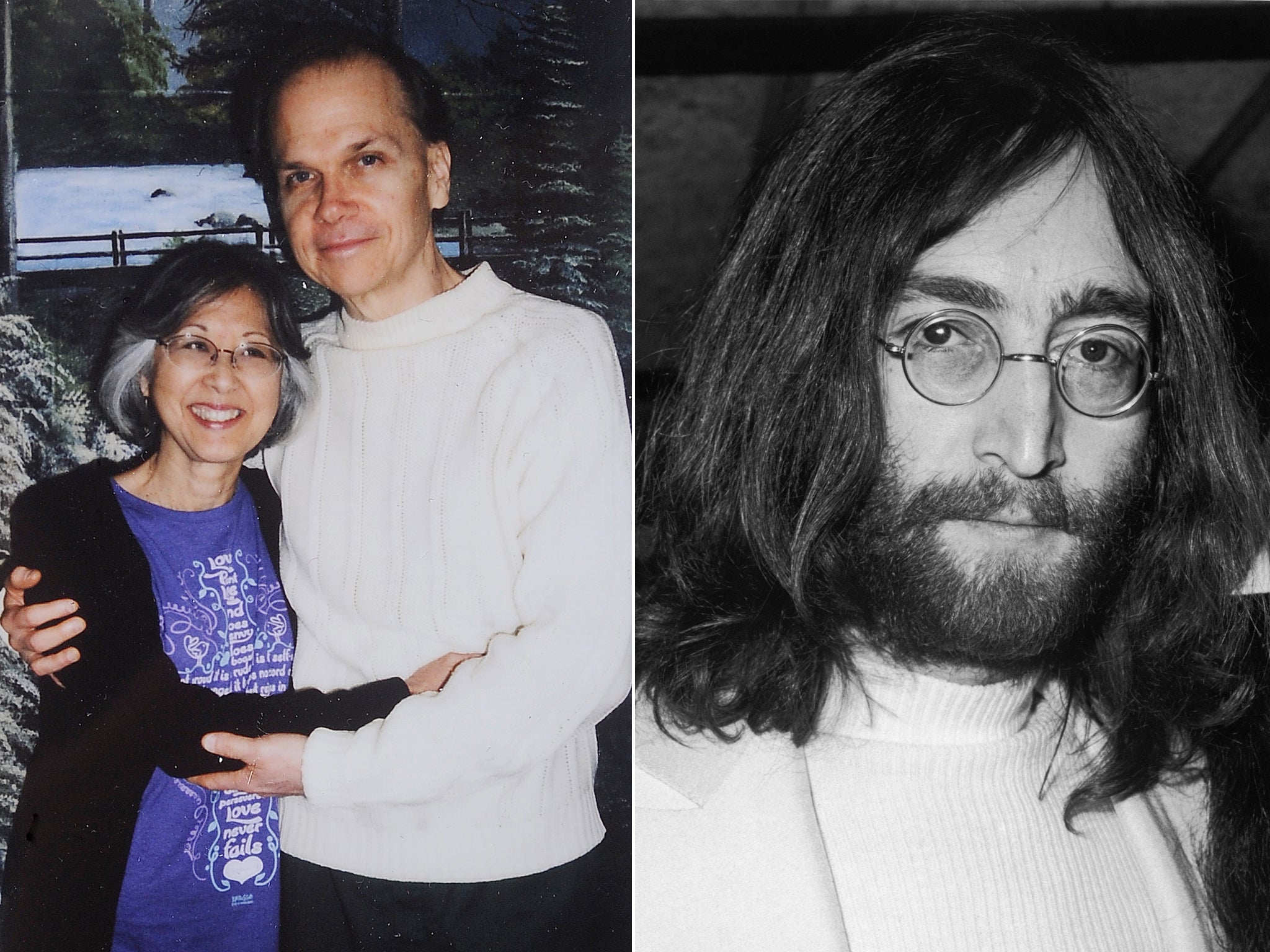
Key Takeaways
- Mark David Chapman is infamous for assassinating John Lennon in 1980.
- His motivations and psychological state have been subjects of extensive analysis.
- Chapman’s early life, the crime, and his life in prison offer insights into his complex personality.
- Understanding Chapman involves examining his influences, including literature and personal beliefs.
Mark David Chapman is a name that resonates with infamy, primarily due to his role in one of the most shocking crimes of the 20th century—the assassination of John Lennon. This article delves into the life of Mark David Chapman, exploring the factors that led to his notorious act, his life before and after the crime, and the broader implications of his actions.
Early Life and Background
Mark David Chapman was born on May 10, 1955, in Fort Worth, Texas. Raised in a religious household, Chapman’s early years were marked by a struggle with identity and acceptance. He was described as a quiet and introverted child, often retreating into a world of fantasy and imagination. These early characteristics would later play a significant role in shaping his worldview.
During his adolescence, Chapman faced numerous challenges, including bullying and a turbulent family life. These experiences contributed to his growing sense of alienation and disconnection from the world around him. Despite these struggles, Chapman managed to achieve some semblance of normality, graduating from high school and briefly attending college.
The Turning Point: Obsession and Delusion
Chapman’s life took a dramatic turn in the late 1970s when he became increasingly obsessed with literature and music. Notably, J.D. Salinger’s novel “The Catcher in the Rye” became a significant influence on him. He identified with the protagonist, Holden Caulfield, and began to see himself as a guardian against the “phoniness” he perceived in the world.
Simultaneously, Chapman developed an obsession with The Beatles, and particularly with John Lennon. This fixation was compounded by his growing frustration with Lennon’s lifestyle and public statements, which Chapman viewed as hypocritical. These conflicting emotions culminated in a dangerous blend of admiration and resentment.

The Assassination of John Lennon
On December 8, 1980, Mark David Chapman committed the act that would forever define his legacy. He traveled to New York City, where he waited outside Lennon’s residence, the Dakota building. Armed with a .38 caliber revolver, Chapman shot Lennon four times, leading to the musician’s untimely death.

Chapman’s actions were premeditated, and he made no attempt to flee the scene. Instead, he remained at the site, reading “The Catcher in the Rye” until the police arrived. His calm demeanor and lack of remorse shocked the world, raising questions about his mental state and motivations.
Motivations and Psychological Analysis
Understanding why Mark David Chapman killed John Lennon requires an examination of his psychological profile. Experts have suggested that Chapman suffered from severe mental illness, including delusions and schizophrenia. His actions were driven by a desire for notoriety and a misguided belief that he was fulfilling a higher purpose.
Chapman’s fixation on “The Catcher in the Rye” and his identification with Holden Caulfield played a crucial role in his decision to assassinate Lennon. He believed that by killing Lennon, he was striking a blow against the perceived “phoniness” of the world, aligning himself with the fictional character’s ideals.
Life in Prison and Parole Hearings
Following his arrest, Mark David Chapman was sentenced to 20 years to life in prison. He has been denied parole multiple times, with his actions and lack of remorse cited as reasons for continued incarceration. Chapman’s life in prison has been marked by introspection and attempts at rehabilitation, though he remains a controversial figure.
During parole hearings, Chapman has expressed regret for his actions, acknowledging the pain he caused to Lennon’s family and fans. However, his requests for release have been consistently denied, reflecting the enduring impact of his crime on society.
The Legacy of Mark David Chapman
The legacy of Mark David Chapman is intrinsically linked to the tragic loss of John Lennon. His actions have sparked discussions about mental health, the influence of media and literature, and the nature of celebrity obsession. Chapman’s story serves as a cautionary tale about the dangers of unchecked delusion and the impact of societal pressures on vulnerable individuals.

While Chapman remains a figure of infamy, his life and actions offer valuable insights into the complexities of human psychology and the factors that can drive individuals to commit heinous acts. By examining his story, we can better understand the importance of mental health awareness and the need for compassion and support for those struggling with similar issues.
Mark David Chapman is a complex and controversial figure whose life and actions continue to captivate and intrigue. His story is a reminder of the fragility of the human mind and the profound impact that personal beliefs and societal influences can have on one’s actions. As we reflect on Chapman’s legacy, it is crucial to approach the subject with empathy and a commitment to understanding the deeper issues at play.
Ultimately, the story of Mark David Chapman is not just about a single tragic event, but about the broader implications of obsession, mental illness, and the search for meaning in an often confusing world. By learning from his life, we can strive to create a more compassionate and understanding society.